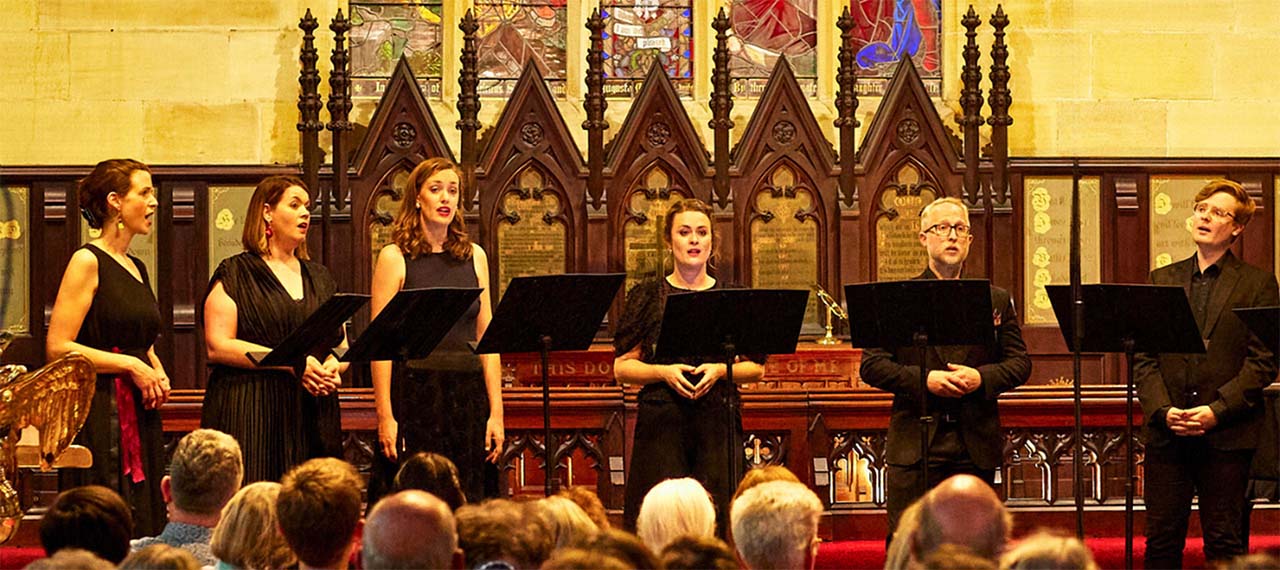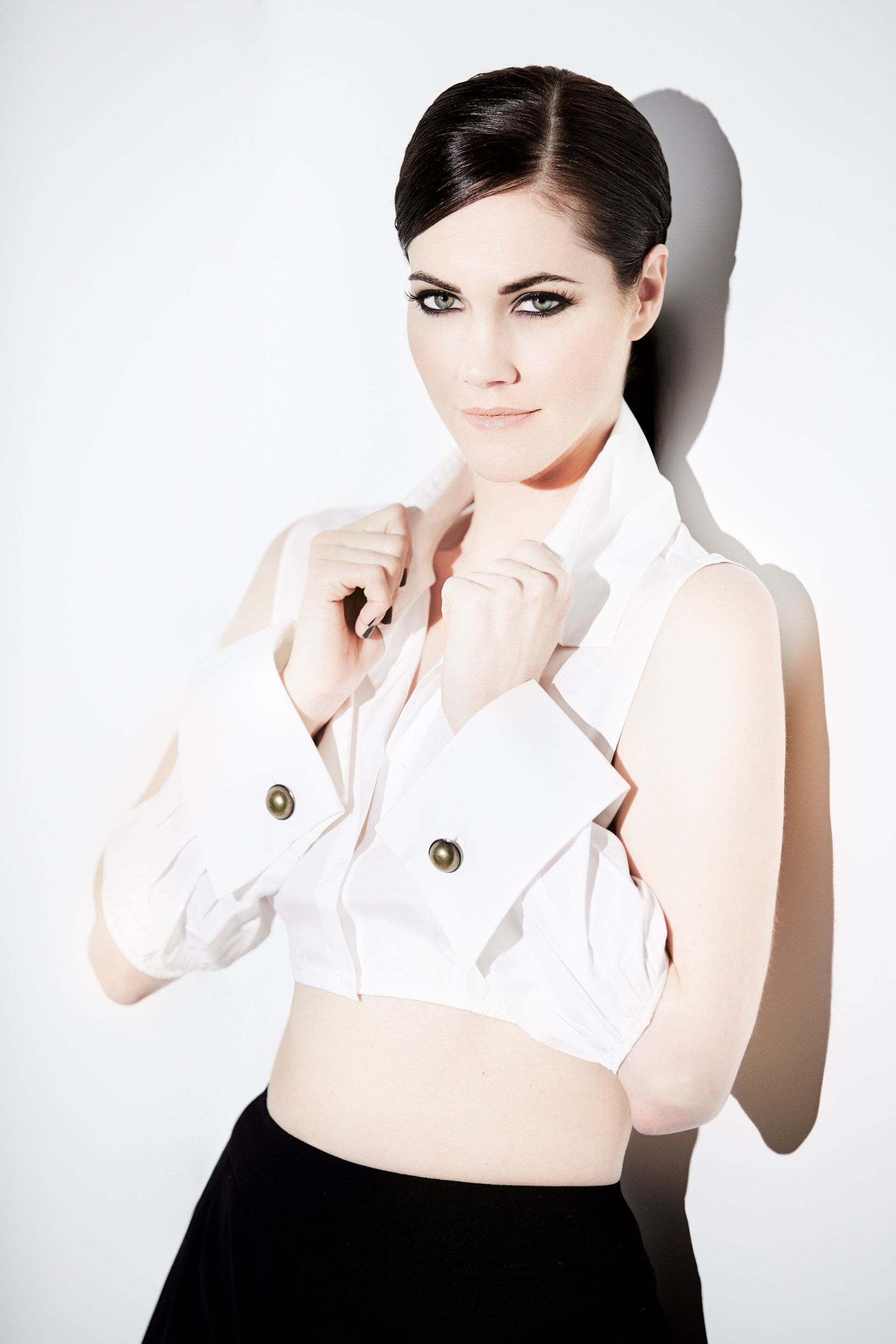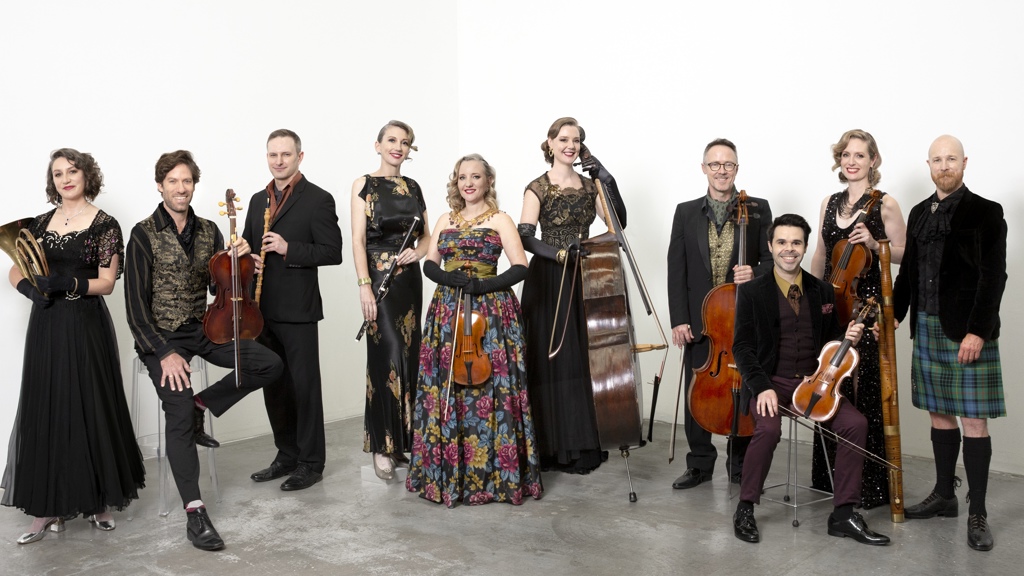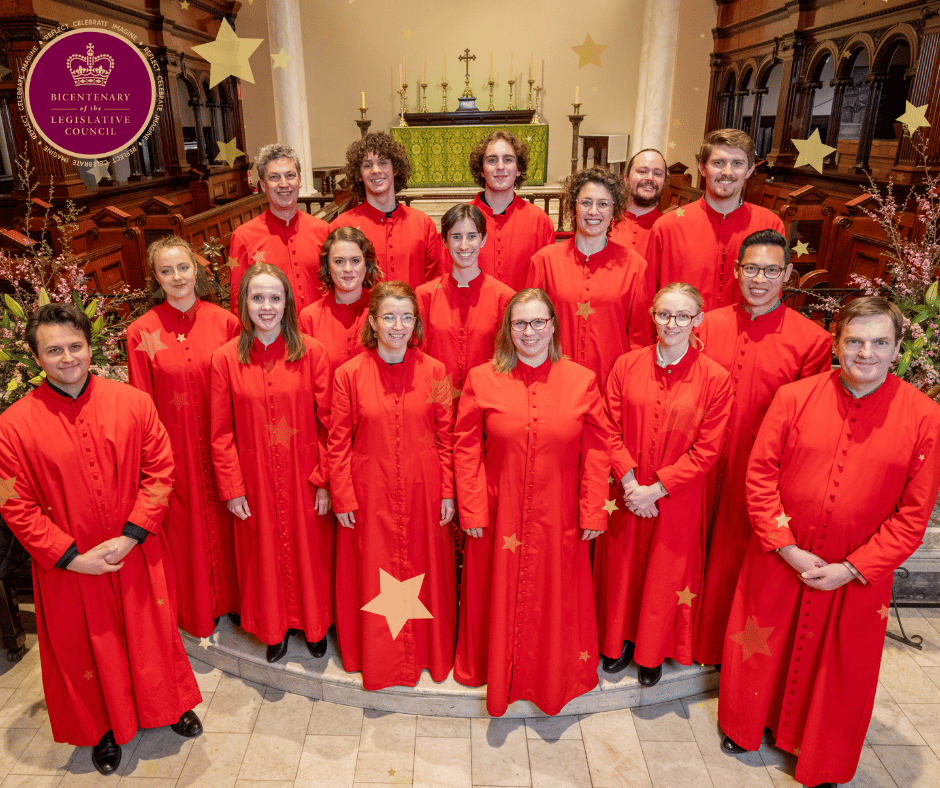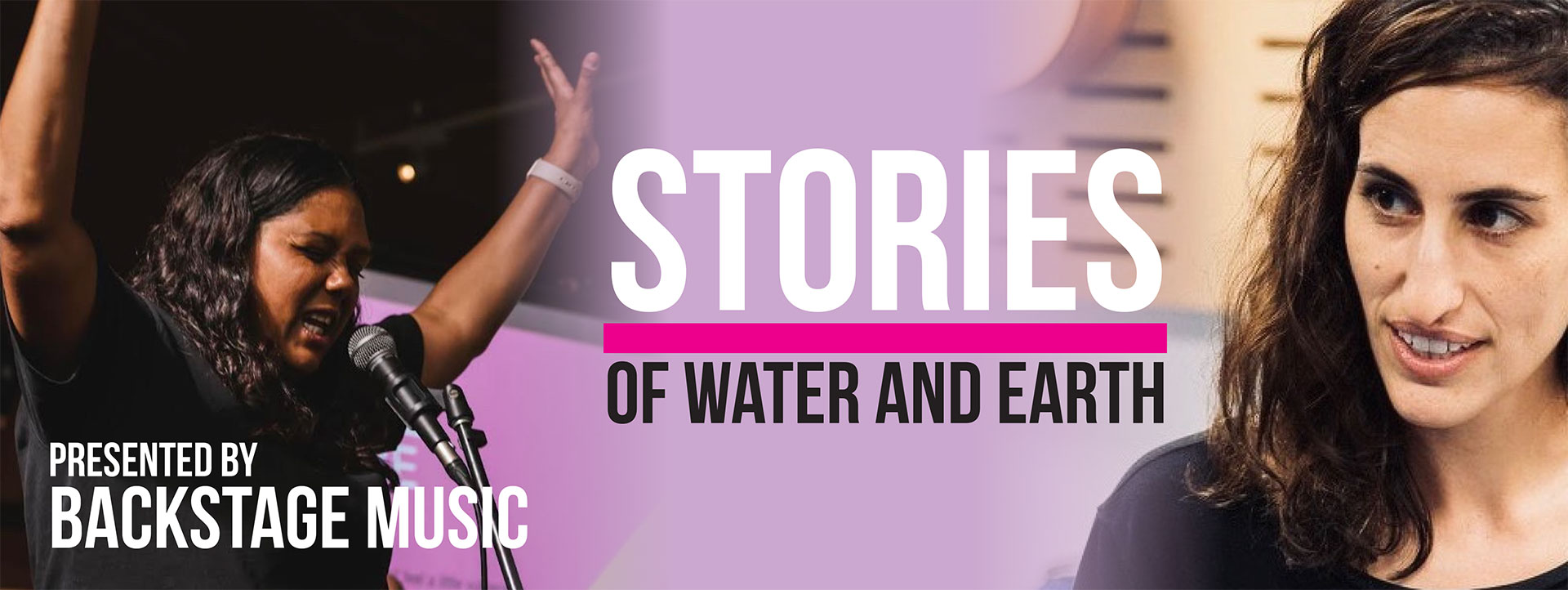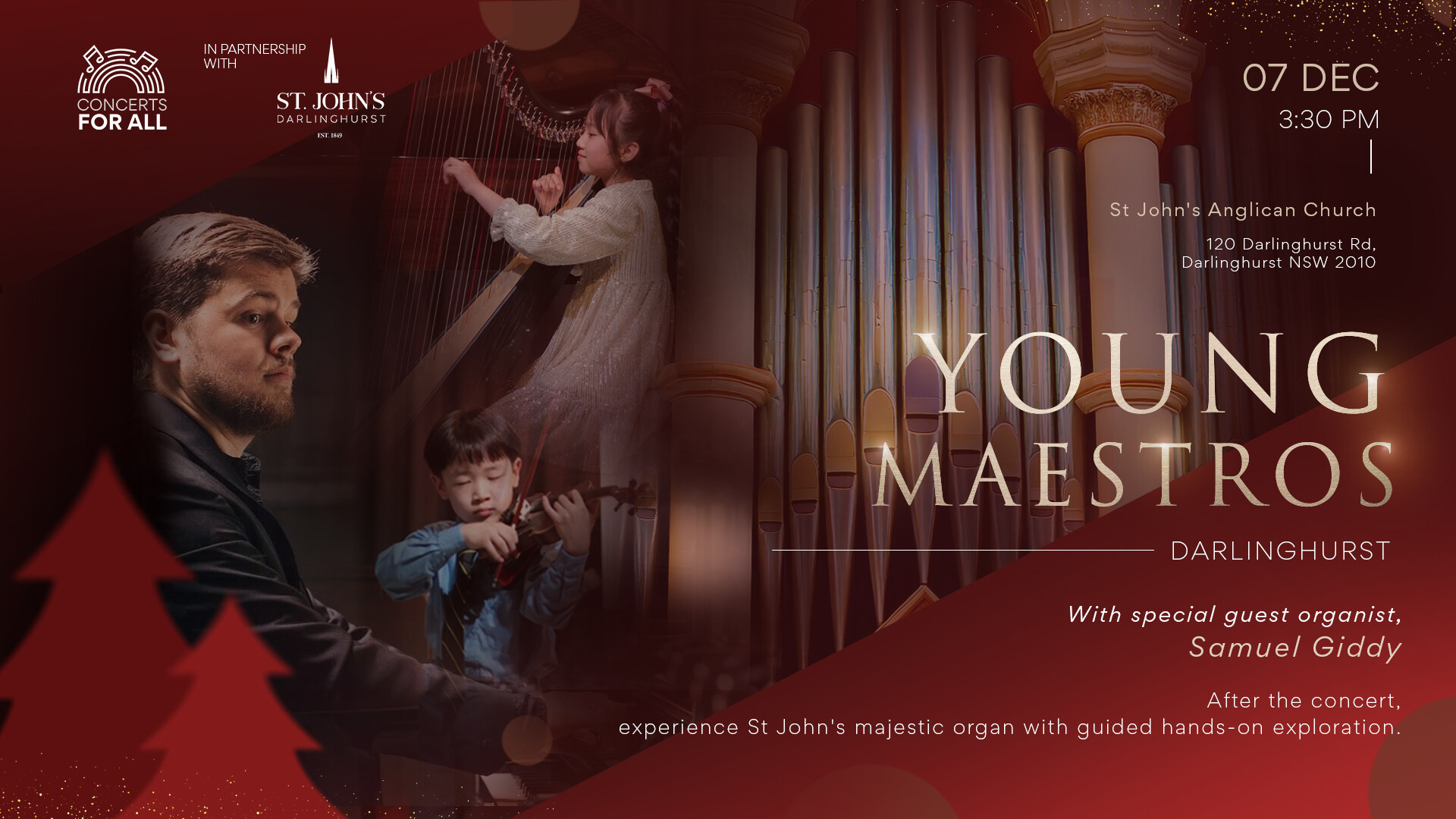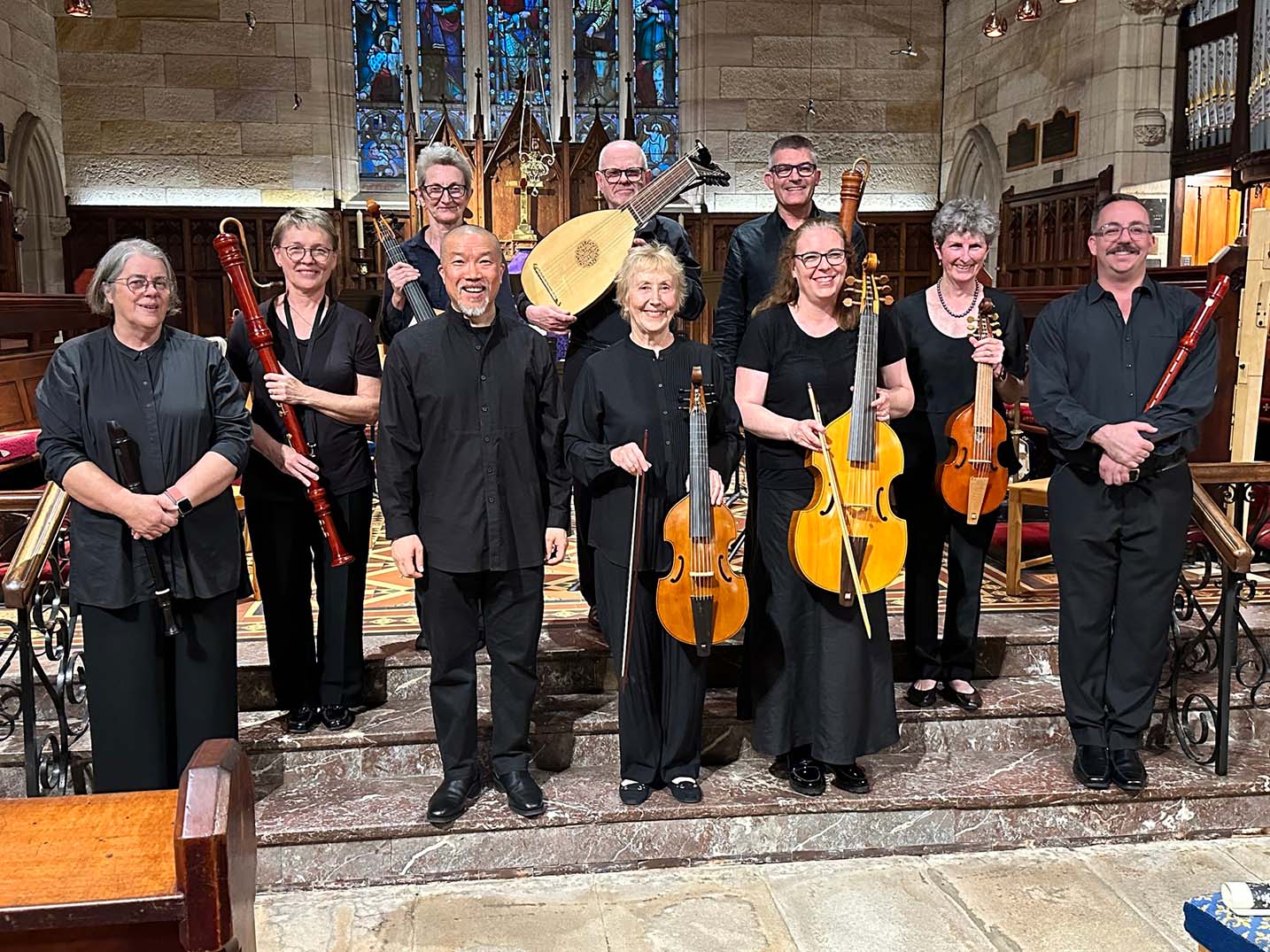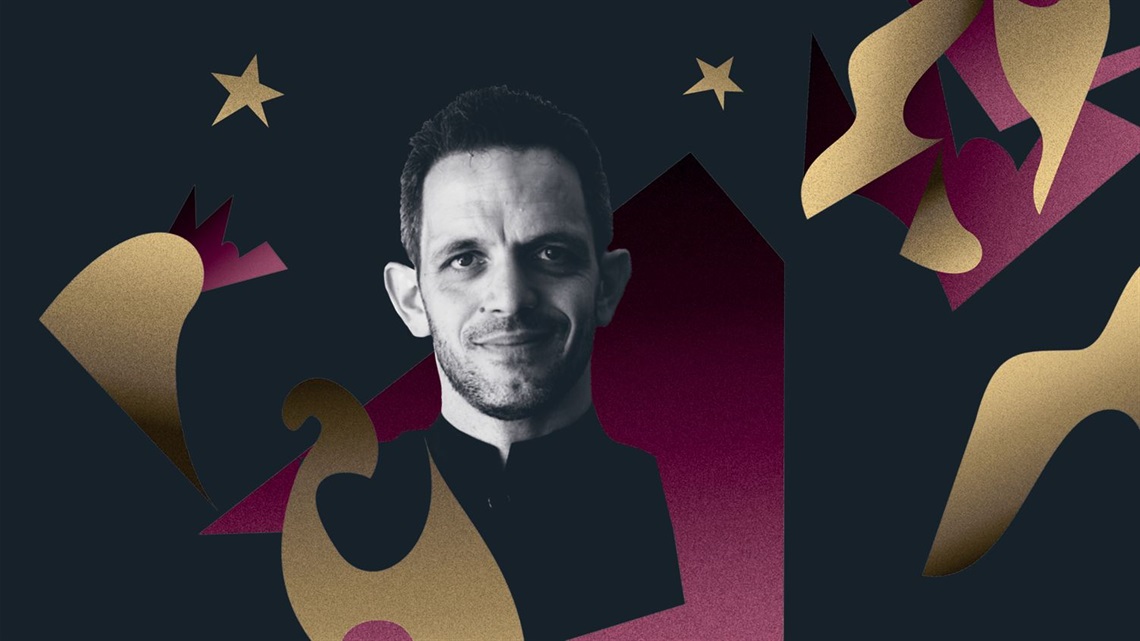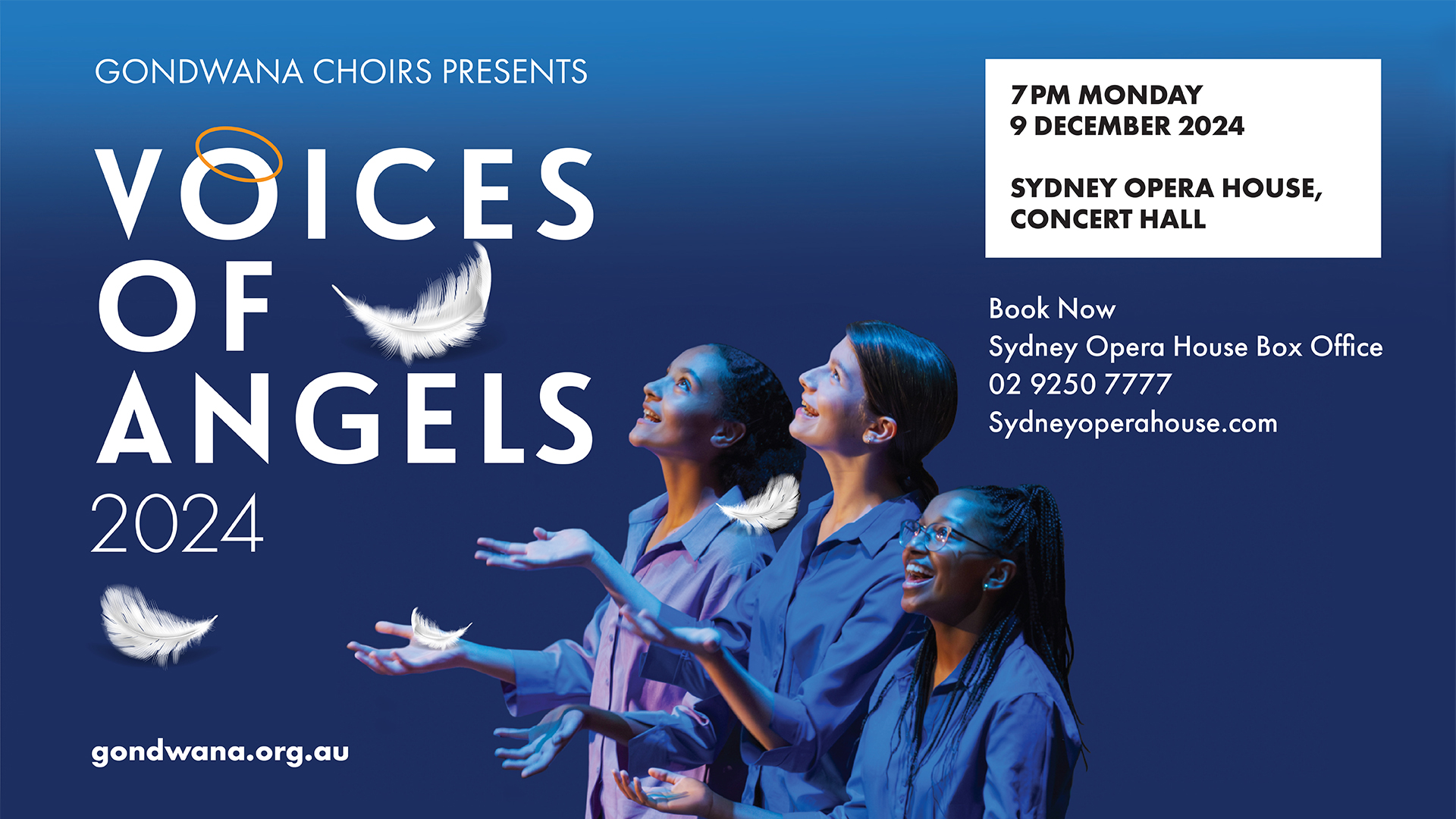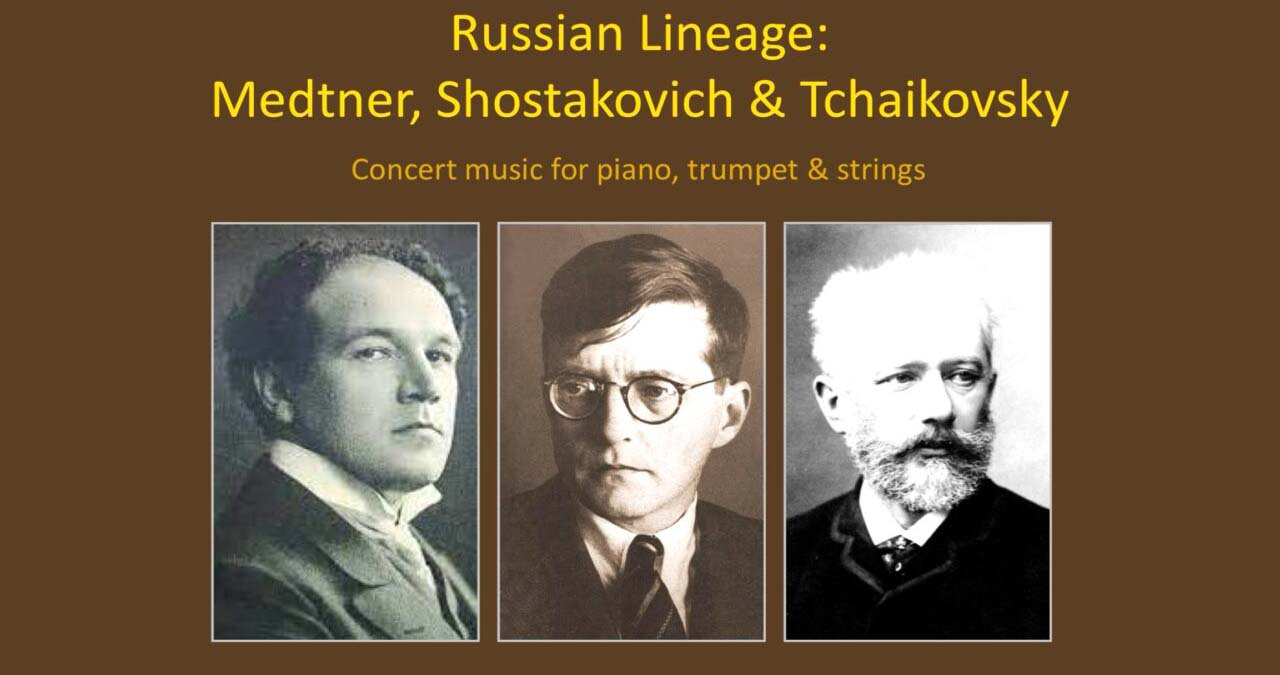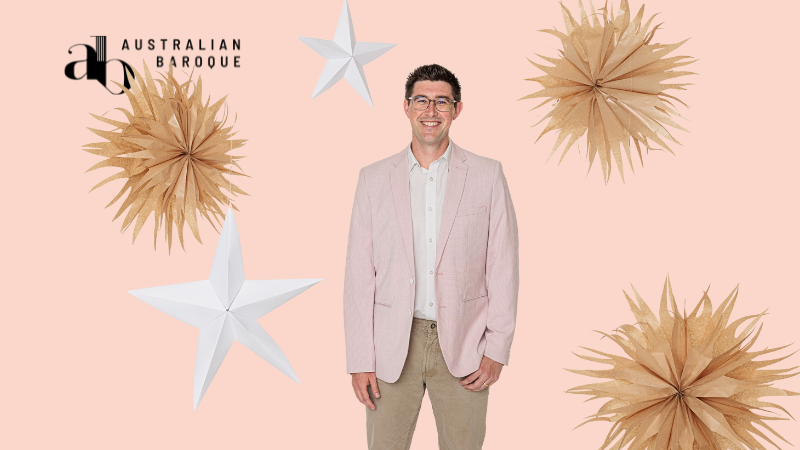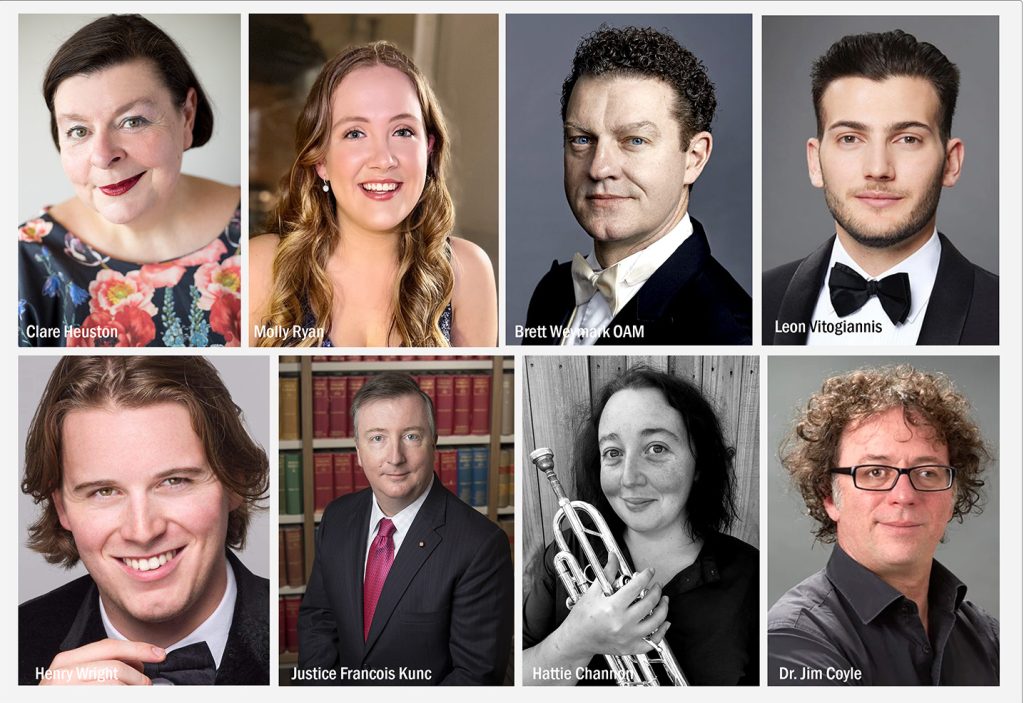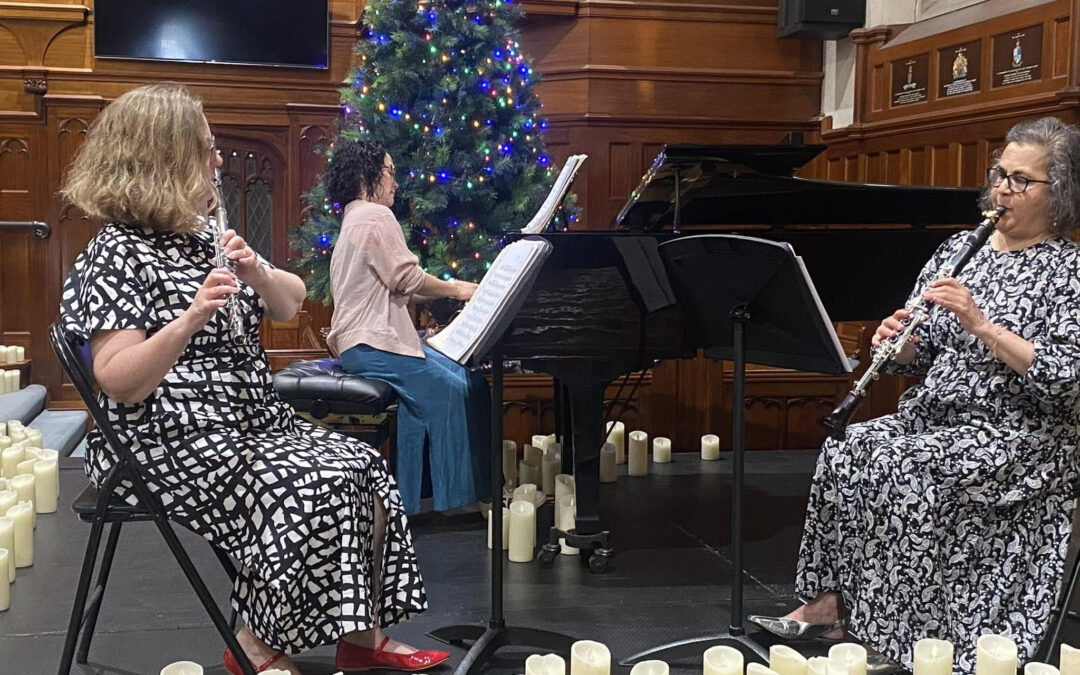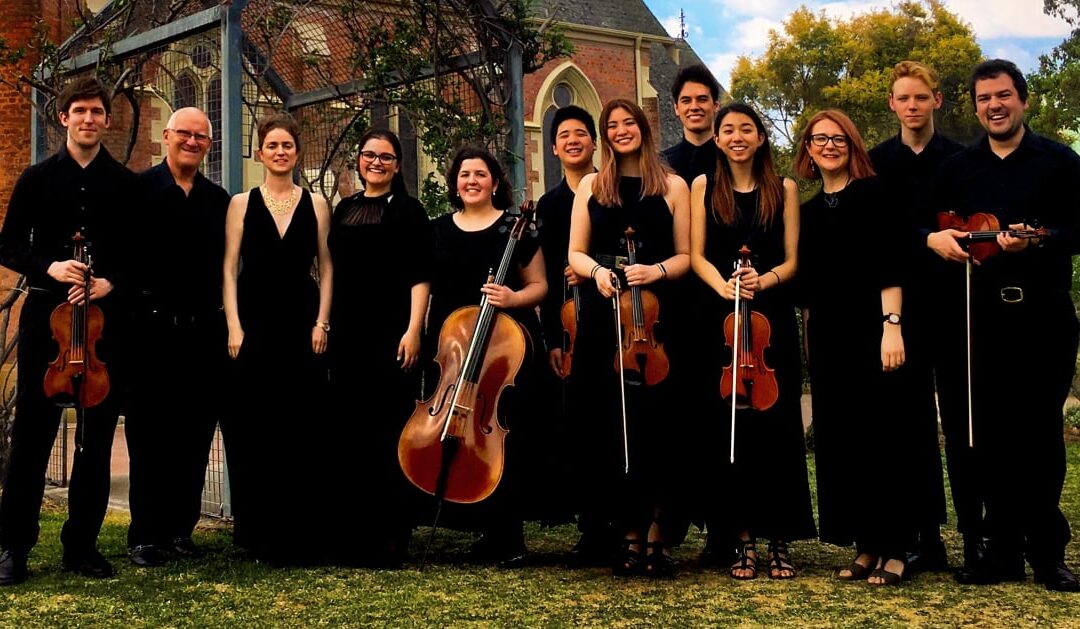75 Reid St, Fitzroy North. 26 February 2021
Compose Queer is an initiative created by Divisi Chamber Singers, funded through a donation campaign and a grant from the Australian Cultural Fund. This initiative went beyond a single concert: four emerging queer composers were commissioned to write a work for eight voices, and had the opportunity to be mentored by composer Sally Whitwell. These four pieces would be premiered alongside a new multi-movement work by Whitwell.
Compose Queer marks the ensemble’s first foray into commissioning new works. Empowering young artists is a commendable goal, and the fact Divisi were able to successfully deliver this project during an incredibly destabilising year is cause for admiration enough. The flip side of this emphasis on learning, was that Compose Queer situated itself somewhere between a professional engagement and a young artist program. Considering this, it made sense that the four composers came from varying levels of experience and comfort in writing for eight voices. As an octet, Divisi sang with the confidence and precision you would expect of experienced chamber singers. The ensemble was well-balanced, but I will single out
the soprano section for handling their top notes with delicacy throughout the program.
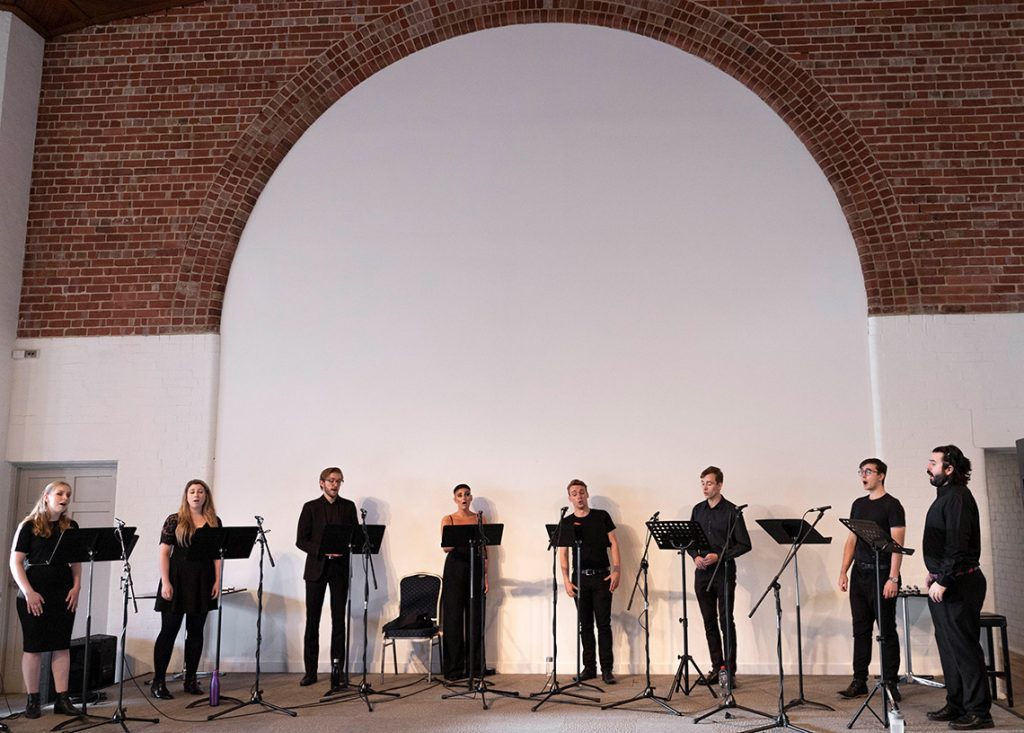
The six movements of Whitwell’s new work, Spectrum, showcased her prowess in balancing sophisticated layers of sound and texture, with each movement functioning as an individual song. Movement 1 (Red) was playful and agile, utilising syncopation and the percussive nature of the words ‘zip zap zoom’. Movement 2 (Orange/Torch Song) was a sultry descent down winding, dissonant passages. The finale, Movement 6 (Purple/All Hail the Aubergine Queen), was a satirical takedown of those who blindly follow morally questionable leaders; and appropriately enough, featured the most rousing vocal crescendo of the night on the words ‘All Hail!’.
The four commissioned works had distinct styles. Here is a Safe Place by Lore Burns had a pastoral quality, with bright consonant harmonies – it emerged out of Burns’ desire to write something ‘gentle and enveloping for the queer community’. It certainly crafted a serene atmosphere – though it might have had more of an impact with a greater degree of dynamic light and shade.
Ariel Bonnell’s Are You the New Person Drawn Towards Me? examined the supposed ‘physical markers’ of a queer person, tongue planted firmly in cheek. It began with mellow, jazzy piano. The ensemble delivered doo-wop vocal stylings reminiscent of the 1950s and 60s, vamping on the clichéd characteristics of a queer person (‘Flannel! Rainbow hair! Floppy wrists!’).
Robert McIntyre’s Syrup and Silicone was inspired by the experience of ‘internal marginalisation’, of being told to conform to particular criteria within the queer community. The original text was written by McIntyre’s friend and collaborator Savanna Wegman. I was struck by the introspective mood and dramatic tension McIntyre was able to build.
Lastly, Meta Cohen pushed Divisi to their dynamic limits with a structurally dense and at times frenetic piece, (i)dentity. Cohen played with the sound and meaning of the word ‘I’, with layers of vocal and piano texture which threatened to become overwhelming. It certainly made a rollicking finale.
 Thanks to Guest Reviewer: Stella Joseph-Jarecki
Thanks to Guest Reviewer: Stella Joseph-Jarecki
Stella Joseph-Jarecki is a writer and classically-trained soprano who is slightly fanatical about writing about music. She would love to work to break down the intimidating cloud which can hover above the world of classical music and opera for many young people. In 2018 she completed her Honours thesis on film scores of 1940s Hollywood films, focusing on the work of Erich Wolfgang Korngold, and is particularly interested in researching the relationship between music and drama. In October of 2019, Stella established Fever Pitch Magazine, an online newsletter for young musicians, music therapists, educators, composers and arts administrators.
https://feverpitchmagazine.com


